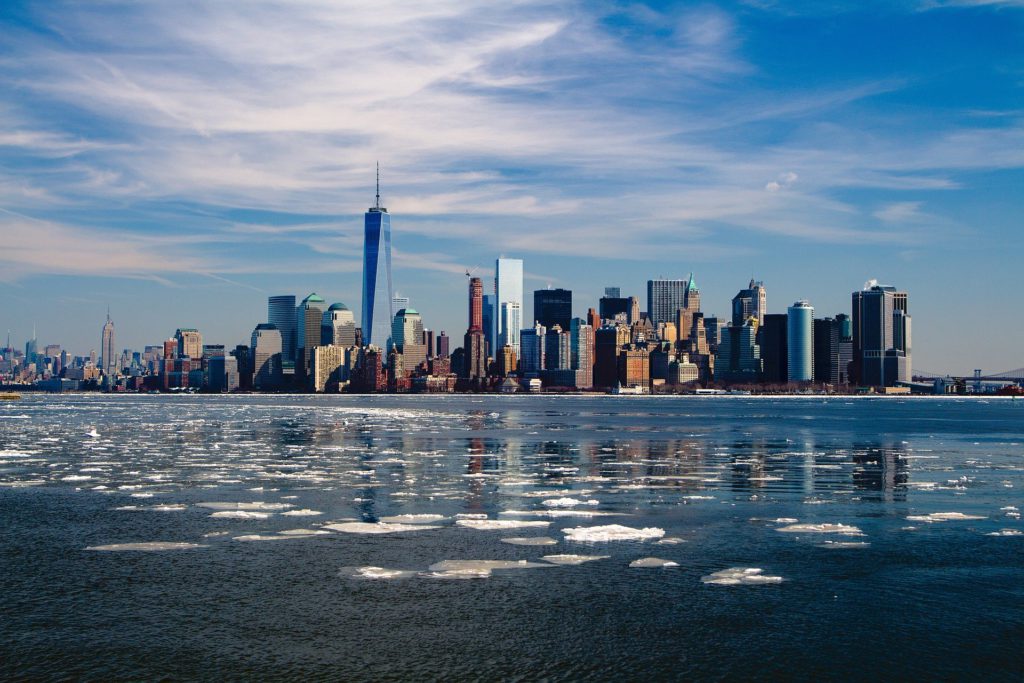New York Times: Manhattan faces a reckoning if working from home becomes the norm
Before the coronavirus crisis, three of New York City’s largest commercial tenants — Barclays, JP Morgan Chase and Morgan Stanley — had tens of thousands of workers in towers across Manhattan. Now, as the city wrestles with when and how to reopen, executives at all three firms have decided that it is highly unlikely that all their workers will ever return to those buildings.
The research firm Nielsen has arrived at a similar conclusion. Even after the crisis has passed, its 3,000 workers in the city will no longer need to be in the office full-time and can instead work from home most of the week.
The real estate company Halstead has 32 branches across the city and region. But its chief executive, who now conducts business over video calls, is mulling reducing its footprint.
Manhattan has the largest business district in the country, and its office towers have long been a symbol of the city’s global dominance. With hundreds of thousands of office workers, the commercial tenants have given rise to a vast ecosystem, from public transit to restaurants to shops. They have also funneled huge amounts of taxes into state and city coffers.
But now, as the pandemic eases its grip, companies are considering not just how to safely bring back employees, but whether all of them need to come back at all. They were forced by the crisis to figure out how to function productively with workers operating from home — and realized unexpectedly that it was not all bad...
This article from the New York Times explores how the face of cities may change in a post-COVID world with increased home working and reduced travel. To read the full article, please see here.
